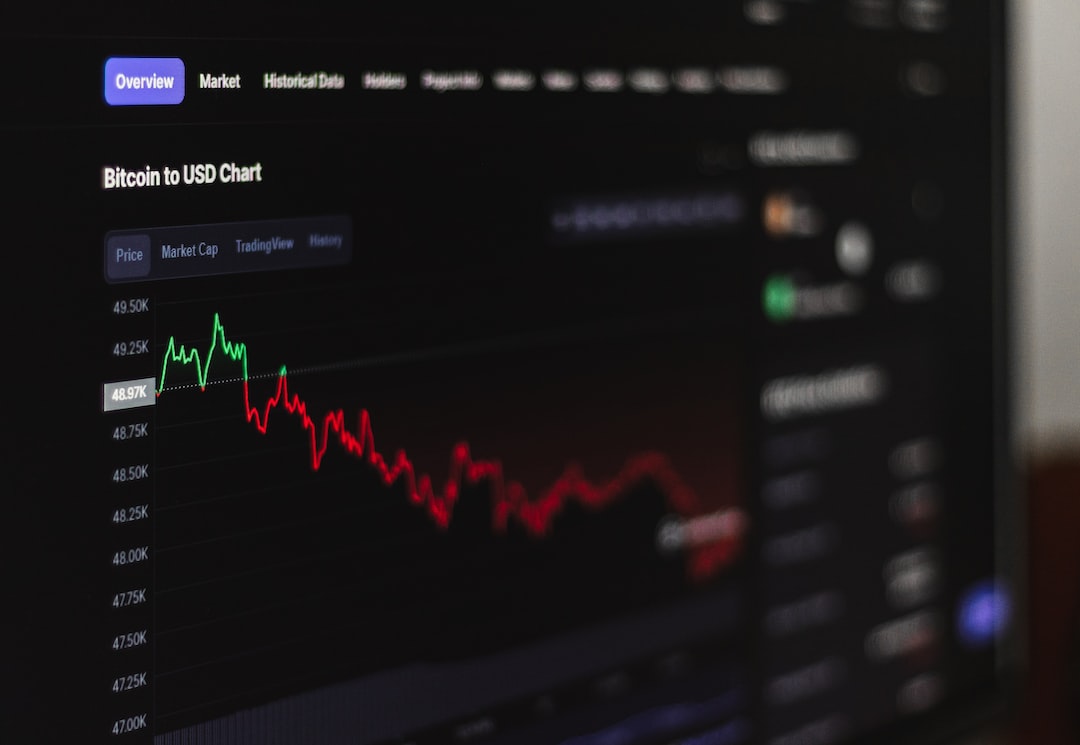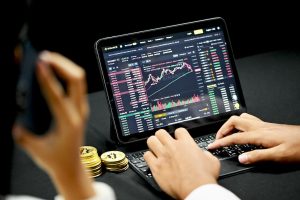Forex trading is the largest and most liquid financial market in the world, with over $5 trillion traded every day. As a result, traders can potentially profit from short-term or long-term trades, depending on their trading strategy and risk appetite. However, many traders wonder how long they can hold a forex trade and what factors can affect their trade’s duration. In this article, we’ll explore the answer to this question and provide insights into the different factors that affect forex trade duration.
Firstly, it’s important to understand that forex trades can be held for any length of time, from a few seconds to several years. However, the duration of a trade will depend on various factors, such as the trader’s trading strategy, market conditions, and the currency pair being traded.
For short-term traders, they may hold a position for only a few seconds, minutes, or hours. This approach is known as day trading, where traders open and close trades within a single trading day. Day traders use technical analysis tools, such as candlestick charts and moving averages, to identify short-term market trends and take advantage of price movements. Day trading is popular among traders who seek to profit from small price fluctuations and avoid overnight market risks.
On the other hand, long-term traders may hold their positions for weeks, months, or even years. This approach is known as position trading, where traders hold onto their positions for an extended period, taking advantage of long-term market trends. Position traders use fundamental analysis tools, such as economic indicators and market news, to make informed decisions on their trades’ direction. Position trading is popular among traders who have a long-term view of the market and can tolerate higher risks.
Another factor that affects forex trade duration is market conditions. The forex market is highly volatile, and prices can fluctuate rapidly due to economic, political, and social events. During periods of high volatility, traders may prefer to hold their positions for a shorter duration to minimize their exposure to market risks. Conversely, during periods of low volatility, traders may opt to hold their positions for a longer duration to capitalize on potential price movements.
The currency pair being traded can also affect the duration of a forex trade. Some currency pairs, such as the EUR/USD, GBP/USD, and USD/JPY, are considered major pairs and have high liquidity and low volatility. Traders may opt to hold their positions for a longer duration when trading major pairs since they offer more stable market conditions. Conversely, exotic currency pairs, such as the USD/TRY, USD/ZAR, and USD/HUF, have low liquidity and high volatility. Traders may prefer to hold their positions for a shorter duration when trading exotic pairs due to the higher risk associated with these pairs.
Finally, a trader’s trading strategy can also affect the duration of their forex trade. Some traders use automated trading systems, such as Expert Advisors (EAs), to execute trades automatically based on pre-set rules. EAs can hold positions for a longer duration since they can monitor the market 24/7 and react to price movements in real-time. Conversely, discretionary traders, who rely on their analysis and intuition to make trading decisions, may opt to hold their positions for a shorter duration to avoid potential losses.
In conclusion, the duration of a forex trade can vary depending on various factors, such as the trader’s trading strategy, market conditions, and the currency pair being traded. Traders can hold their positions for any length of time, from a few seconds to several years, depending on their risk appetite and trading objectives. By understanding the different factors that affect forex trade duration, traders can make informed decisions on the best approach to take when trading the forex market.






